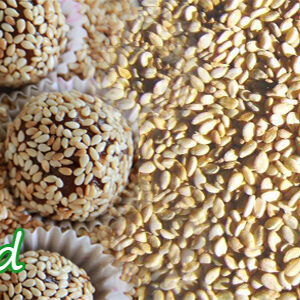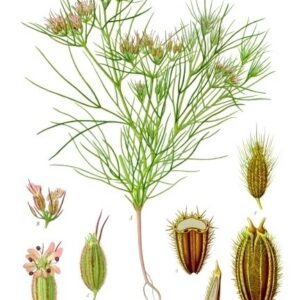Description
Although some varieties of mustard plants were well established crops in Hellenistic and Roman times, Zohary and Hopf note: there are almost no archaeological records available for any of their crops ; Wild forms of mustard and its relatives the radish and turnip can be found over west Asa and Europe, Suggesting their domestication took place somewhere in that area. However Zohary and Hopf conclude: Suggestions as to the origins of these plantsare necessarily based on linguistic considerations.
Trilokpati dealing with varieties of mustard seed, like wild White mustard, Yellow mustard, and Black mustard, originally from the foothills of the Himalaya, is grown commercially in India. As per report recent research into varieties of mustards that have high oil content for Use in the production of biodiesel, a renewable liquid fuel similar to diesel fuel. The biodiesel made from mustered oil has good cold flow properties and certain ratings.
Mustard is most often used at the table as a condiment on cold meats. It is also used as an ingredient in mayonnaise, vinaigrette, marinades, and barbecue sauce. Mustard is also a popular accompaniment to hot dogs, pretzels, and bratwurst. In the Netherlands and northern Belgium it is commonly used to make mustard soup; which includes mustard, cream, parsley, garlic and pieces of salted bacon. Mustard as an emulsifier can stabilize a mixture of two or more immiscible liquids, such as oil and water. Added to Hollandaise sauce, mustard can reduce the possibility of curdling.
The many varieties of mustard come in a wide range of strengths and flavors depending on the variety of mustard seed and the preparation method. The basic taste and “heat” of the mustard is determined largely by seed type, preparation and ingredients. Preparations from white mustard plant (Sinapis alba) have a less pungent flavor than preparations of black mustard (Brassica nigra) or brown Indian mustard (Brassica juncea). The temperature of the water and concentration of acids such as vinegar also determine the strength of a prepared mustard; hotter liquids and stronger acids denature the enzymes that make the strength-producing compounds. Thus, hot mustard is made with cold water, whereas using hot water results in milder mustard (other factors remaining the same). The pungency of mustard is always reduced by heating, but not just at the time of preparation; if added to a dish during cooking, much of the effect of the mustard is lost.
Mustard oil can be extracted from the chaff and meal of the seed. In its powdered form, mustard lacks potency; it is the soaking that causes gustatory heat to emerge.







Reviews
There are no reviews yet.